
MountainTrue Summer Clean on the Green in Saluda, NC 7/27
Fishtop Access 2302 Green River Cove, Saluda, North CarolinaJoin MountainTrue’s Green Riverkeeper for a day of cleaning the Green!

Join MountainTrue’s Green Riverkeeper for a day of cleaning the Green!
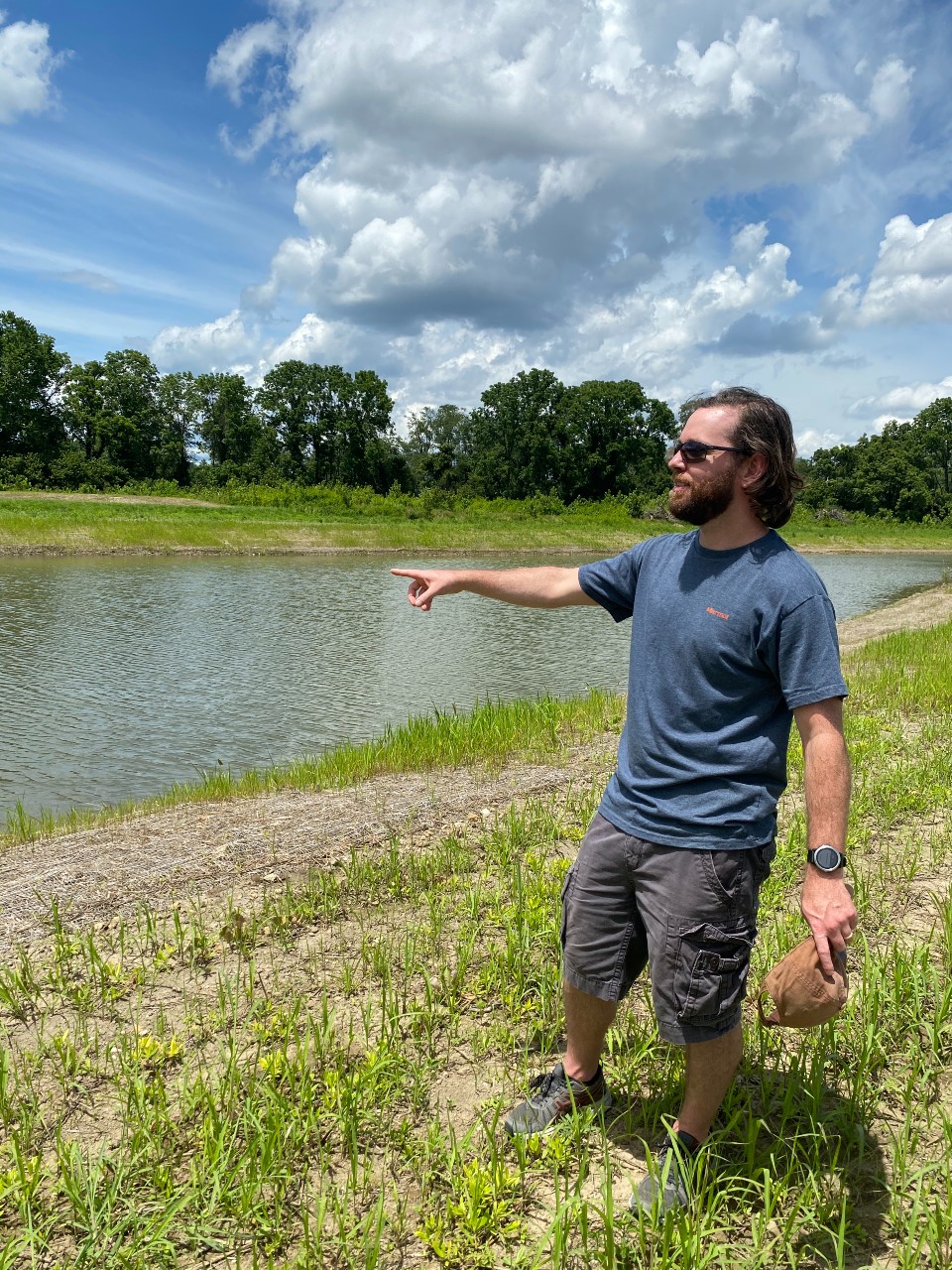
Join us for an update on Conserving Carolina’s restoration projects along the French Broad River from Conserving Carolina’s Natural Resources Manager, David Lee! David lived most of his life in Florida, but he spent many vacations camping, hiking, and enjoying nature in the southern Appalachians. These experiences instilled in him a sense of appreciation for the environment that led to a strong commitment to conserve it.

The post-World War II of the 40’ and 50’s shifted the food paradigm from local to high-yield crops and grocery stores. Steeped in an economy of convenience, this system provides on-demand food, but has shown devastating impacts on the environment, health, and community. Could a shift back to local be the answer to these 3 top issues faced today?
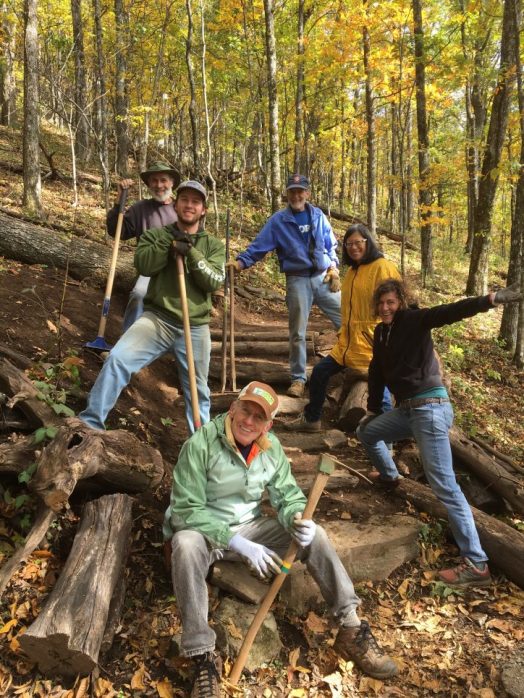
Join Conserving Carolina’s Trails and Land Management Coordinator, Max Howes, for an update on Conserving Carolina’s trail systems! Conserving Carolina has built and maintains ~39 miles of trail in the region, showcasing many acres of, and scenic views from, protected land. He will review what makes trails sustainable, why they are important to the region, what it takes to build and maintain trails, trail history, Conserving Carolina’s involvement with the Hickory Nut Gorge State Trail, and more! There will be an update on current trail projects and opportunities to get involved with trail expansion and maintenance.

Our Green Riverkeeper office has recently moved to Saluda, NC, and is hosting an open house to celebrate with the community. Come out to see the new space, mingle with fellow MountainTrue supporters, build new relationships, and support local businesses in the area.
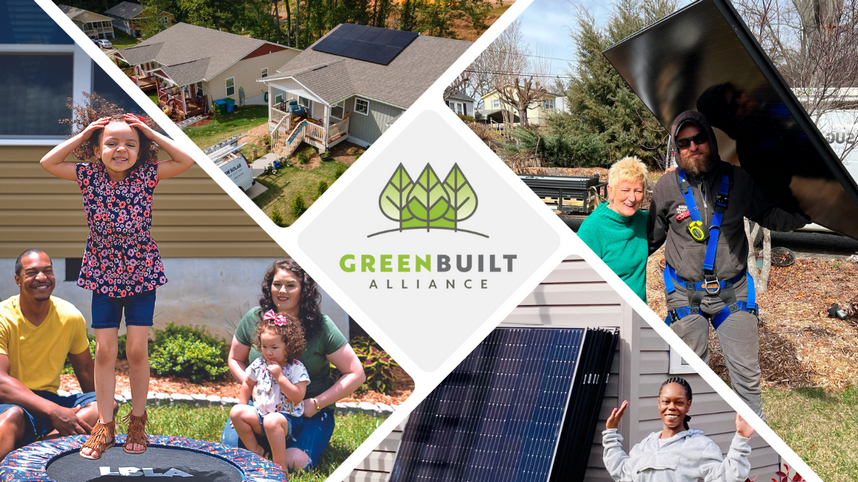
Due to the catastrophic events of Hurricane Helene, this event has been canceled. Stay tuned for information about events in 2025.
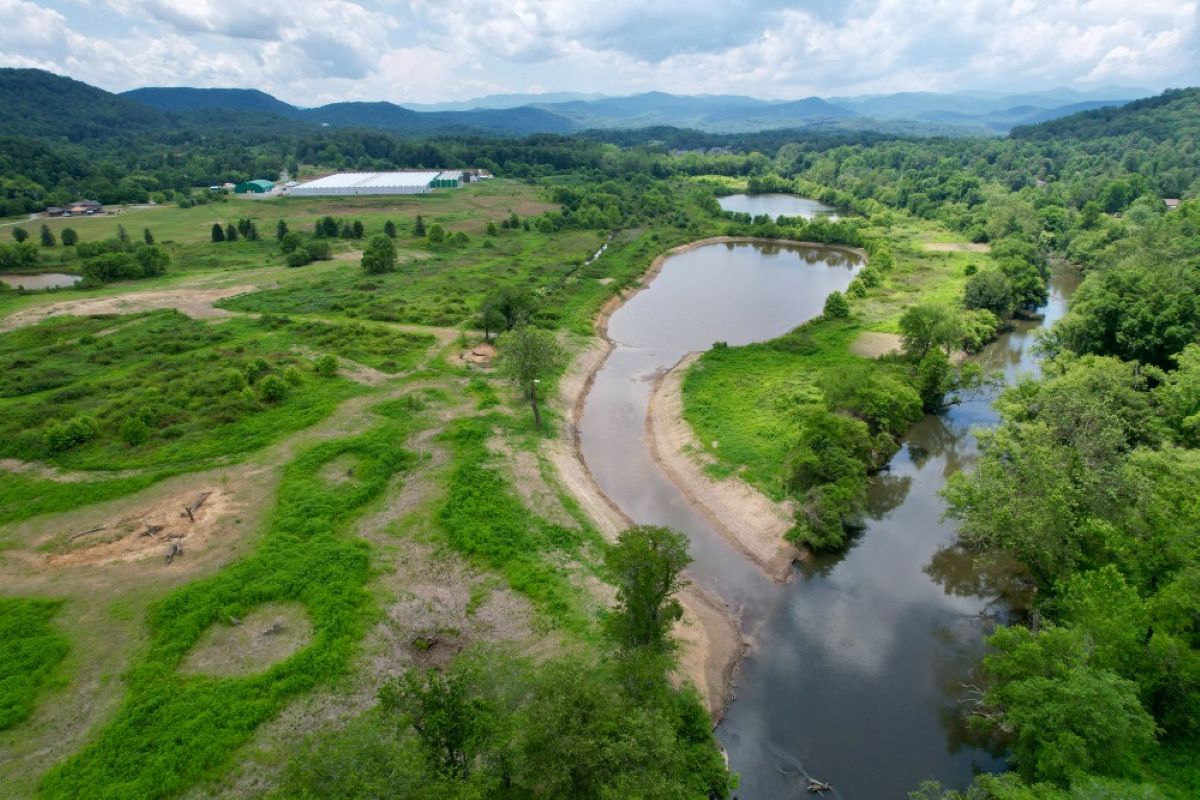
Restoring natural floodplains offers transformative benefits for both communities and ecosystems. Conserving Carolina’s Natural Resources Director, David Lee, will highlight Conserving Carolina’s innovative floodplain restoration projects along the French Broad River, focusing on their important role in mitigating flood risks, improving biodiversity, and enhancing water quality. Using real-world examples, such as the Pleasant Grove and Kings Bridge restorations, we’ll explore strategies to restore natural functions to floodplains and build resilience against extreme weather events like Tropical Storm Helene. Attendees will gain insights into effective restoration techniques, the power of community partnerships, and the importance of integrating traditional ecological knowledge. Join us to learn how these projects serve as a model for creating thriving, sustainable landscapes that support both people and nature.
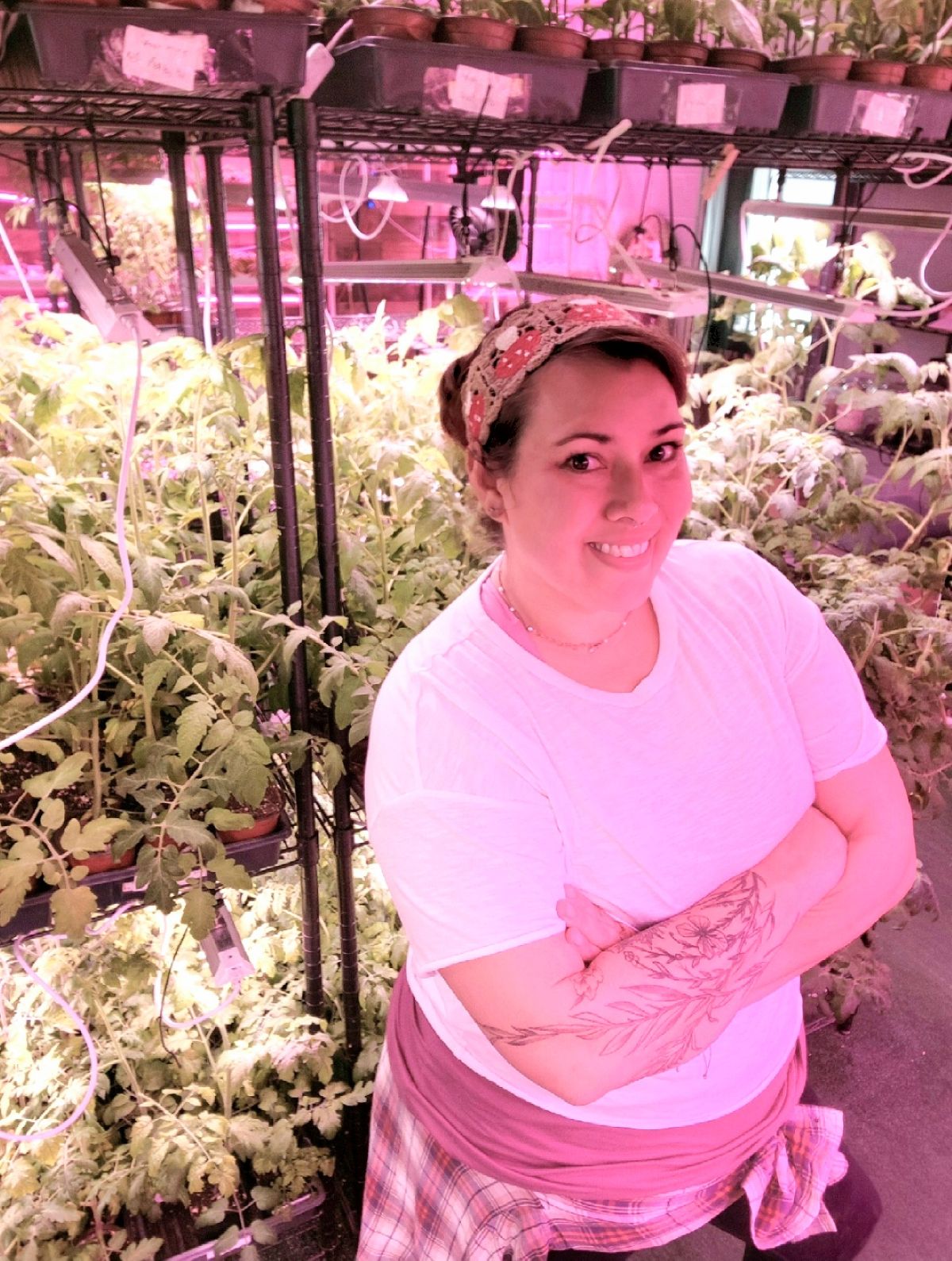
Making intentional purchases from local small-scale farmers, farmers’ markets, and grocers does more than just make us feel good; it directly influences significant regional environmental concerns and amplifies the local economy.
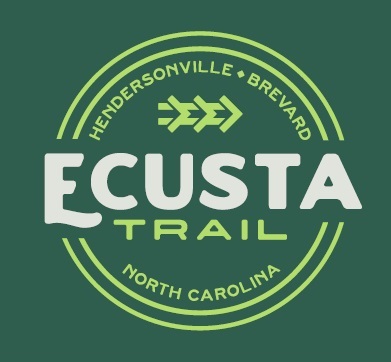
Restoring natural floodplains offers transformative benefits for both communities and ecosystems. Conserving Carolina’s Natural Resources Director, David Lee, will highlight Conserving Carolina’s innovative floodplain restoration projects along the French Broad River, focusing on their important role in mitigating flood risks, improving biodiversity, and enhancing water quality. Using real-world examples, such as the Pleasant Grove and Kings Bridge restorations, we’ll explore strategies to restore natural functions to floodplains and build resilience against extreme weather events like Tropical Storm Helene. Attendees will gain insights into effective restoration techniques, the power of community partnerships, and the importance of integrating traditional ecological knowledge. Join us to learn how these projects serve as a model for creating thriving, sustainable landscapes that support both people and nature.

The post-World War II of the 40’s and 50’s shifted the food paradigm from local to high-yield crops and grocery stores. Steeped in an economy of convenience, this system provides on-demand food, but has shown devastating impacts on the environment, health, and community. Could a shift back to local be the answer to these 3 top issues faced today?
Join us for a discussion entitled, “Localization; the answer to more than just the environmental crisis?” with Tia Wackerhagen, RN, BSN, Food and Agriculture Committee Co-chair, and member of the Alliance of Nurses for Healthy Environments.